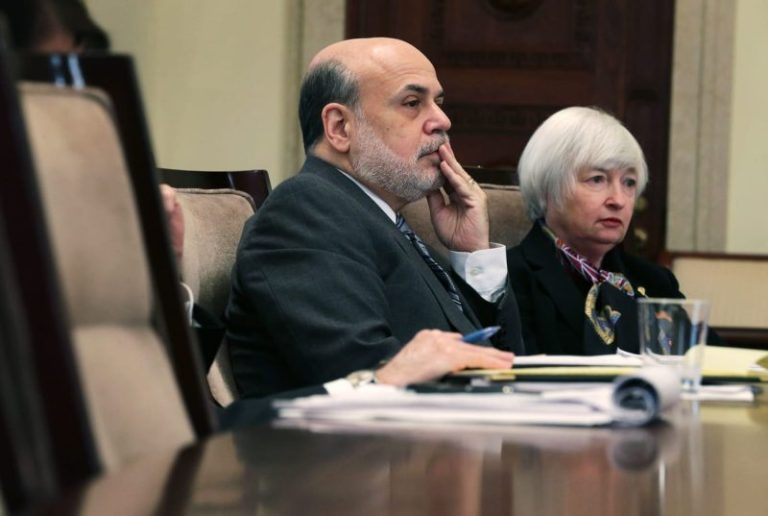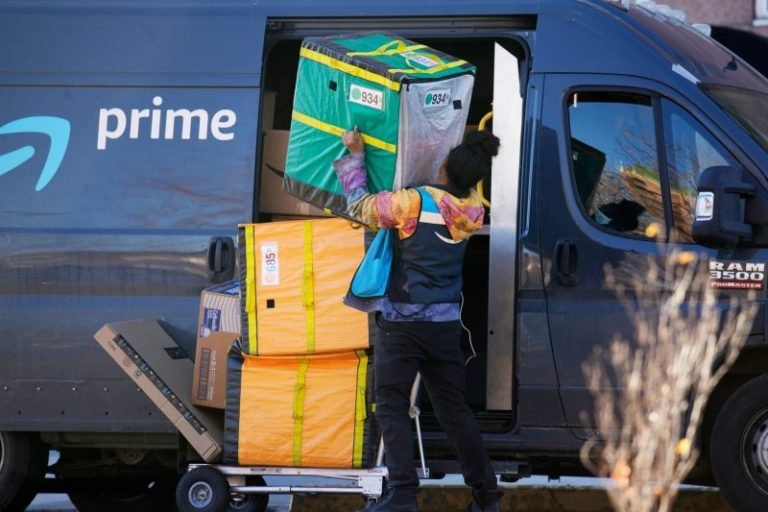WASHINGTON — Americans are more likely to watch newly released movies from the comfort of their own homes instead of heading out to a theater, according to a new poll.
About three-quarters of U.S. adults said they watched a new movie on streaming instead of in the theater at least once in the past year, according to the survey from The Associated Press-NORC Center for Public Affairs Research, including about 3 in 10 who watched new movies on streaming at least once a month.
Meanwhile, about two-thirds of Americans said that they’ve watched a recently released movie in a theater in the past year, and only 16% said they went at least once a month.
The results suggest that, on the whole, American moviegoers are more likely to stream a film than see it in the theaters, a shifting tide that was only accelerated during the COVID-19 pandemic and its aftermath. Convenience and cost are both factors for many people who can’t find the time to go to a theater or pay the increasingly high price for a ticket.
Sherry Jenkins, 69, of New Jersey, turns to streaming for all of her moviegoing needs.
“It’s much more convenient,” Jenkins said. “I can watch anything I want, I just have to wait a month or two after the movies are released because they usually go to streaming pretty quickly.”
In the post-pandemic era, films end up on streaming services more quickly. In 2017, a 90-day exclusive theatrical window was common. Now, theaters are fighting for an industrywide standard of 45 days. For studios, the strategy seems to be different for every movie. This year’s best picture winner, “Anora,” had a 70-day exclusive theatrical window. “Wicked,” meanwhile, was available to purchase on demand only 40 days after opening in theaters — and that was a case in which the film was, and continued to be, a box-office hit. It was also profitable on streaming.
There is some overlap between theatergoers and people who opt for streaming — 55% of U.S. adults have seen a new movie in a theater and skipped the theater in favor of streaming at least once in the past year — but only watching new movies on streaming is more common than only going to the theater.
Some in the film industry believe that movies that start in theaters still have more cultural cachet, but Jenkins doesn’t see it that way.
“The studios now are so closely affiliated with the streaming services,” Jenkins said. “There’s really no logic behind why some skip the theaters.”
The last time she regularly went to the movie theaters was, she thinks, about 20 years ago. But as a tech-savvy retiree, there just hasn’t been enough of a reason to make the trek to the theater. A subscriber to Acorn, BritBox, Paramount+, Peacock, Netflix and Hulu, Jenkins doesn’t even see the need for cable anymore.
“People tell me, ‘Oh, you have to go to the theaters and see ‘Top Gun: Maverick,’ ” Jenkins said. “But my TV is 75 inches, and I’m comfortable. I’m at home.”
Maryneal Jones, 91, of North Carolina, said she likes to go to the movies but finds them too expensive.
“There’s some movies I would like to see, and I say to myself, I’ll just wait until they show them on TV or I’ll go visit a friend who has those apps,” Jones said. “But I just don’t want to pay 12 bucks.”
The average cost of a movie ticket in the U.S. is $13.17, according to data firm EntTelligence. In 2022, it was $11.76.
Jones does not subscribe to any streaming services, but she also sees more movies in theaters than many others. She estimates she sees about six to eight a year. Recent films she’s watched in the theater include “The Life of Chuck” and the French romantic comedy “Jane Austen Wrecked My Life.”
The AP-NORC poll also indicates that streaming may be a more accessible option for lower-income Americans. Higher-income adults are more likely than low-income adults to be at least occasional moviegoers for new releases, but the gap is smaller for watching movies on streaming instead of going to the theater.
New movies are more popular among young adults, regardless of how they see them. But streaming is more of a go-to for the younger generation.
Slightly less than half of adults under age 30 say they watched a recently released movie on streaming instead of going to the theater at least once a month in the past year, compared with about 2 in 10 who watched a movie in the theater with that frequency.
Eddie Lin, an 18-year-old student in Texas, said he mostly watches movies at home, on streamers like Crunchyroll, Hulu, HBO Max and Prime Video, but will go to the theaters for “bigger things” like “A Minecraft Movie,” which is the biggest movie of the year in North America.
“A couple of my friends wanted to see it,” Lin said. “And there were the memes. I felt like the audience would be more interactive and it would be enhanced by being there with, like, a bunch of people.”
While streaming will continue to be formidable competition for audience attention and dollars, there has also been rising interest in the value of seeing certain films in IMAX or on other premium format screens, whether it’s “Sinners” or “Oppenheimer.”
The North American box office is currently up more than 4% from last year, but the industry has struggled to reach pre-pandemic levels of business. Compared with 2019, the annual box office is down more than 22%.
“I used to go more when I was younger, with my family, seeing all the Marvel movies up to ‘Endgame,’ “ Lin said. “I like movie theaters. It’s an experience. For me, it’s mostly a time thing. But I do feel like a certain charm of watching movies in theaters is gone.”
This post appeared first on NBC NEWS










